Welcome to our “Ask Dr. Paola” series, where every Monday we bring expert advice straight from Dr. Paola Cuevas (MVZ) to help our readers better understand their dog’s health and well-being.
Whether you’re a new pet parent or a seasoned dog lover, Dr. Paola is here to provide answers to your most pressing questions. From nutrition tips and preventive care to troubleshooting common behavioral issues, Dr. Paola is ready to offer insights that will keep your furry friend happy and healthy. Stay tuned for expert guidance on a range of topics that matter most to you and your dog, so you can make informed decisions and provide the best possible care for your canine companion. Have a question? Send it in here!

Help! My Dog Won’t Stop Licking His Bed!
“My dog Marshall won’t stop licking his dog bed at night, and he lies right beside my bed. The sound is not exactly the white noise sound I’d like to hear right before I fall asleep. I’m sure he’s doing it out of comfort, and as much as I’d love to have him in my bed, he gets nervous when I bring him up and wants to go down immediately. What can I do?”– Caleb
Hi Caleb,
What you are noticing with Marshall is actually quite common. Many dogs use repetitive licking as a way to unwind, almost like children who hum or rock themselves before falling asleep. While it helps him relax, the sound can certainly make it harder for you to drift off, and in some cases, it may even reflect a need for a little extra support. Since Marshall does not feel settled in your bed, the goal is to give him other comforting options that work for both of you.
A safe chew or a food puzzle before bedtime can be a wonderful alternative. Chewing releases calming endorphins, much like licking does, but the activity is usually quieter and often helps dogs ease into sleep more smoothly. A stuffed toy that encourages gentle gnawing rather than hard crunching is especially useful, since it gives Marshall the soothing effect he seeks without the constant sound. Adding a white noise machine can also help, creating a calm environment where his nighttime habits are less noticeable.
Making sure Marshall gets plenty of exercise and mental enrichment during the day will set him up for a more restful night. If his licking suddenly becomes more intense or you notice other changes in his behavior, a veterinary check is always wise to rule out things like skin irritation or digestive discomfort. Most often, though, with a few adjustments to his routine, both you and Marshall can end the day on a much more peaceful note. I hope this helps!
– Dr. Paola

If you want real time answers to your questions, you can talk to one of our veterinarians online. Click on the image or button below:


Help! My Dog Eats Anything & Everything!
“My dog Indie is extremely food motivated. Although I measure his meals so he gets exactly what he needs and do my best to make sure he doesn’t get any human food, if he has access to anything (literally ANYTHING that may be considered food), he will eat until he is sick and pooping everywhere. Is there a way I can curb this behavior or help him change his mindset about food/eating? He is not aggressive about food; I can take things away from him no problem (he’s a mild-hearted chihuahua rescue), just very passionate about engorging. “ – Emily
Hi Emily,
It sounds like Indie’s relationship with food is very intense, and that is not unusual for a rescue dog who may have faced hunger in the past. For many dogs, eating quickly and excessively becomes an instinctive survival strategy, even when their needs are now consistently met. While we cannot erase that history, we can help him feel secure by managing his environment and channeling his love for food in healthier ways.
The best place to start is with prevention, making sure no food or edible items are left where he can access them. Trash bins with secure lids, sealed containers, and careful kitchen habits are essential. Since Indie is highly food motivated, enrichment tools such as puzzle feeders, snuffle mats, or stuffed toys can give him the satisfaction of working for his meals while naturally slowing him down. Dividing his ration into several smaller meals instead of two larger ones can also ease that feeling of urgency.
Most often, this type of behavior is rooted in habit and past experience. However, there are medical conditions that can cause dogs to seem excessively hungry, including diabetes mellitus, Cushing’s disease, intestinal parasites, or malabsorption problems. If Indie’s appetite ever seems to intensify suddenly, or if you notice weight changes despite controlled feeding, it would be wise to have him examined to rule out these possibilities. With consistent structure and a little creativity, most dogs like Indie gradually settle into a calmer routine around food, feeling both secure and well cared for.
Best,
Best,
– Dr. Paola

Help! My Dog Ate a Button!
“My small puppy, Billie, is a Cavalier King Charles Spaniel, and she ate a small button. What should we do?” – Tina
Hi Tina,
When a puppy eats something like a button, it is always considered potentially dangerous, because objects that small can still obstruct the gastrointestinal tract. Puppies, especially small breeds like Cavaliers, have very narrow intestines, so even items that seem tiny to us may get stuck and prevent food from moving normally. This can lead to serious complications if not addressed promptly.
The safest step is to have Billie examined by a veterinarian as soon as possible. Please let this be a reminder to all readers that the Ask Dr. Paola form is not a place for emergencies and does not replace veterinary care.
Depending on how recently she swallowed the button, your vet may be able to induce vomiting safely to bring it back up. If more time has passed, they will likely recommend imaging, such as X-rays, to confirm the button’s location and decide whether it can be monitored or if intervention is needed. Until then, it is best not to try home remedies, since they can increase the risk of injury. Because foreign body ingestion can quickly become an emergency in small puppies, prompt veterinary attention is truly the best course of action here. Please don’t wait, it’s better to be safe than sorry.
Sincerely,
– Dr. Paola
- View past week’s questions here: September 22, 2025
- See our full list of past articles here
- Click here to submit a question
- Get Dr. Paola’s weekly advice sent straight to your inbox. Sign up below!


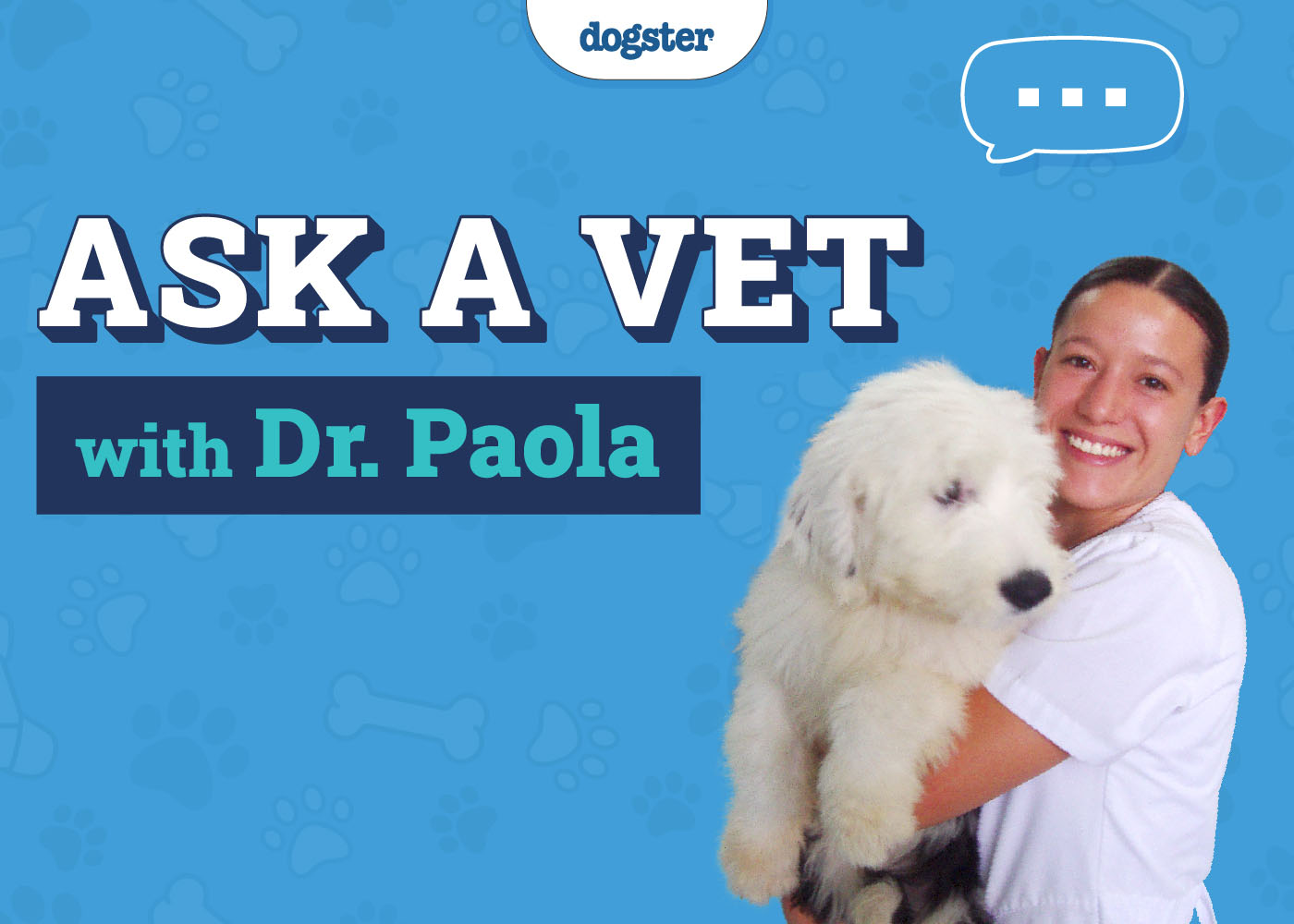
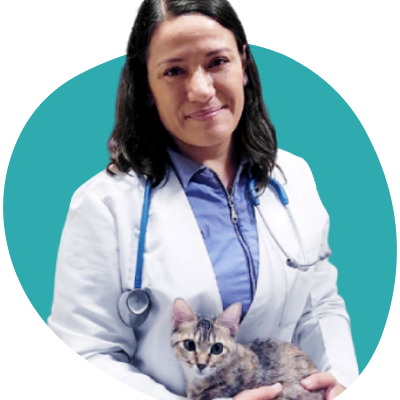

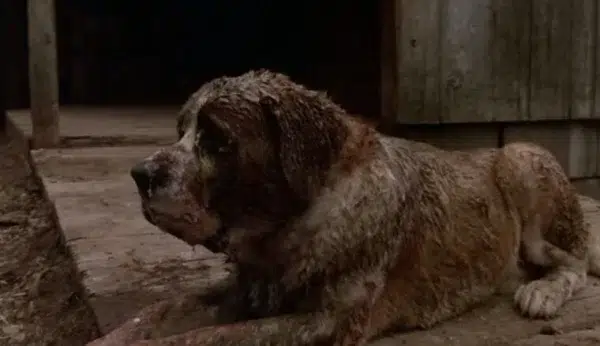
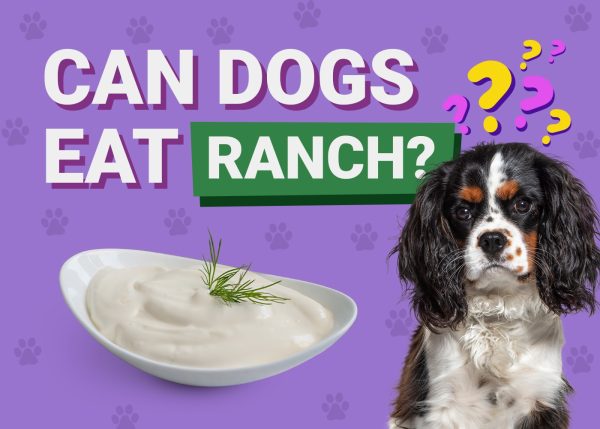
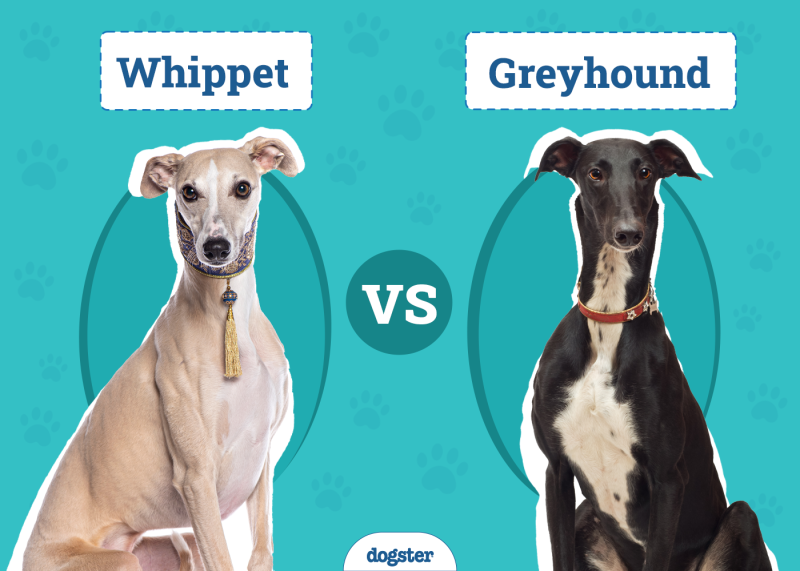
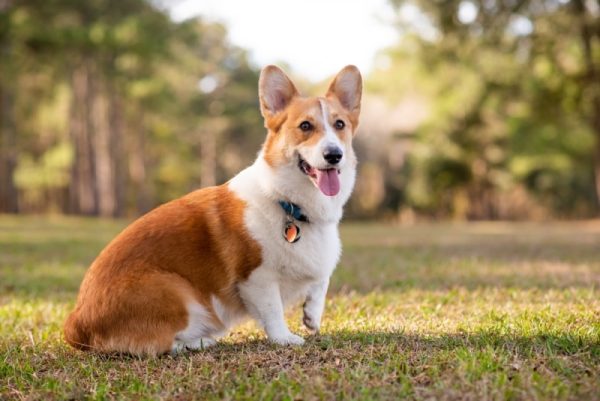


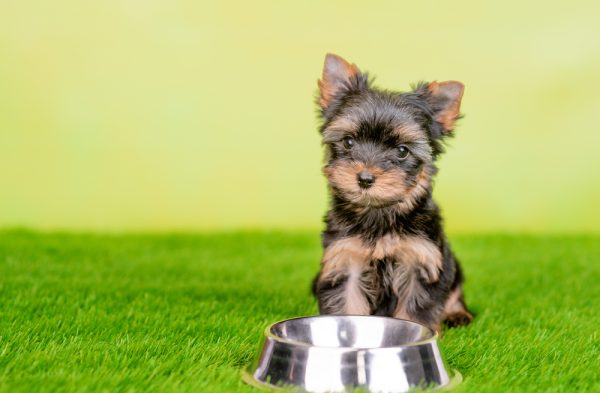
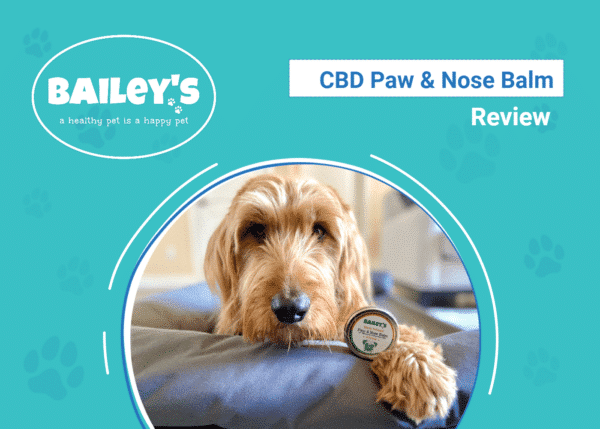
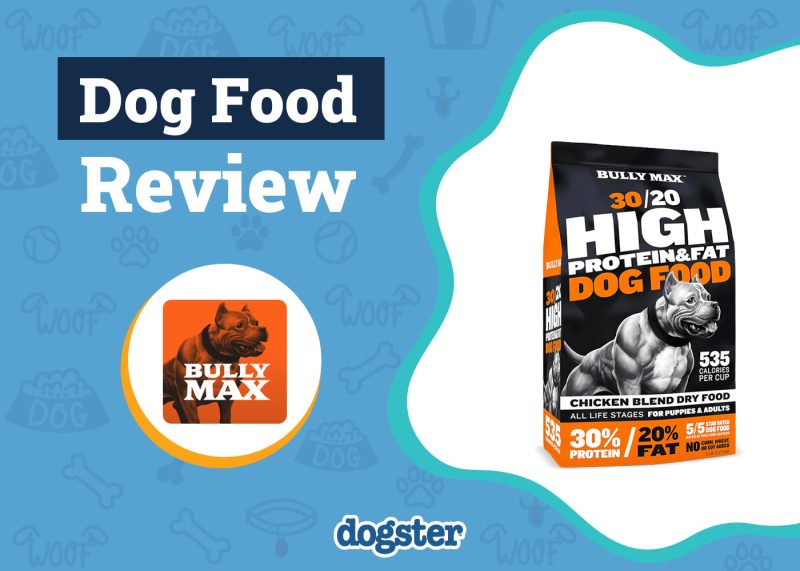
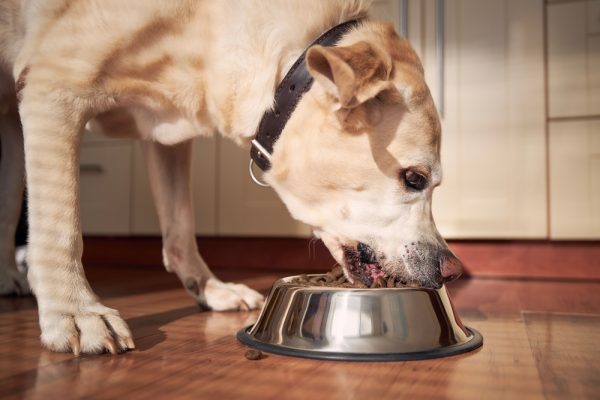
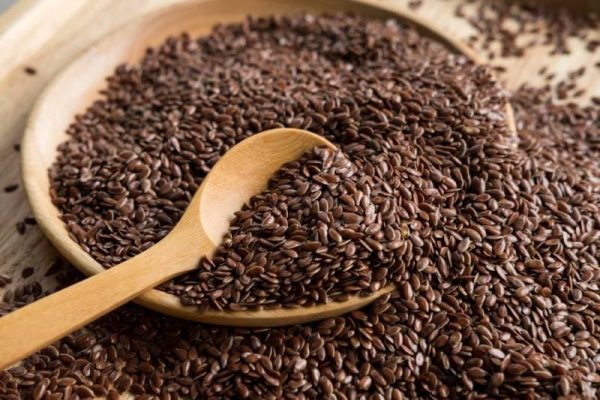
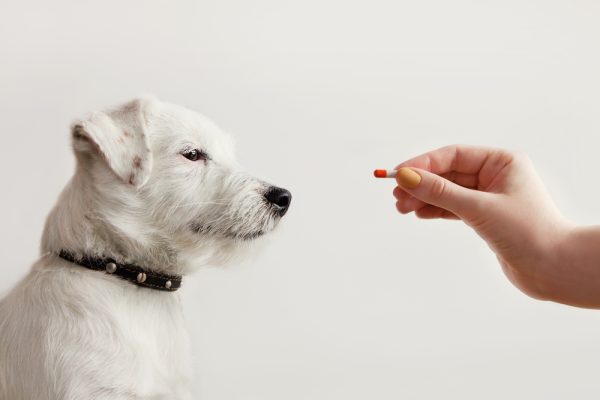
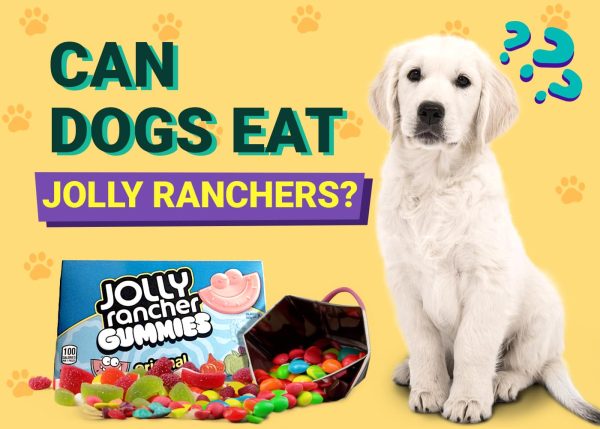


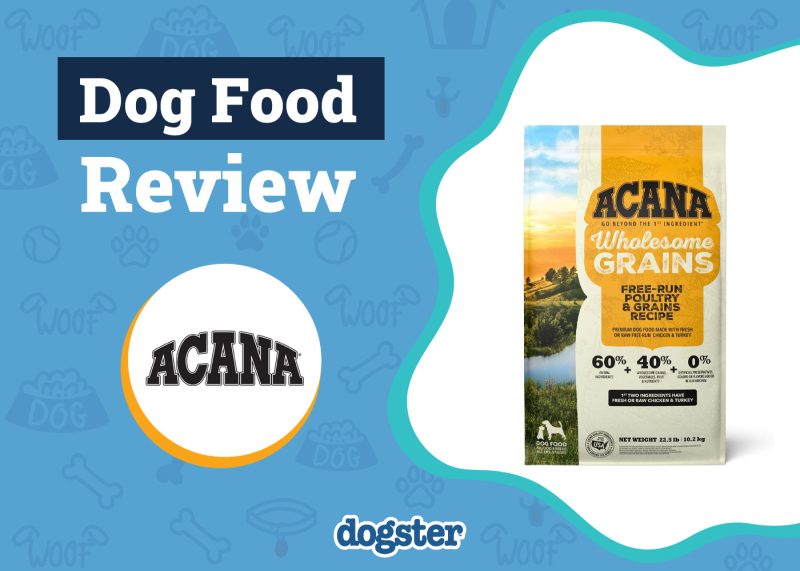

2 Responses
Wonder which of your dog foods be good for dog 7 years and has issues with allergies. Has been on apquoel. Cydpoint, steriod now want him to try zenerila has been on Proplan food, now Royal canian I have girlfriend recommended TLC.
Hi Regina,
It sounds like you've been working really hard to help your dog’s allergies, and with all the medications he’s tried, choosing the right food can definitely feel overwhelming. Because allergic dogs have very individual needs, the best next step is to talk directly with your veterinarian before making any diet changes.
They can help you pick a food that avoids his triggers and works safely with the treatments he’s already on.
Have a great day!